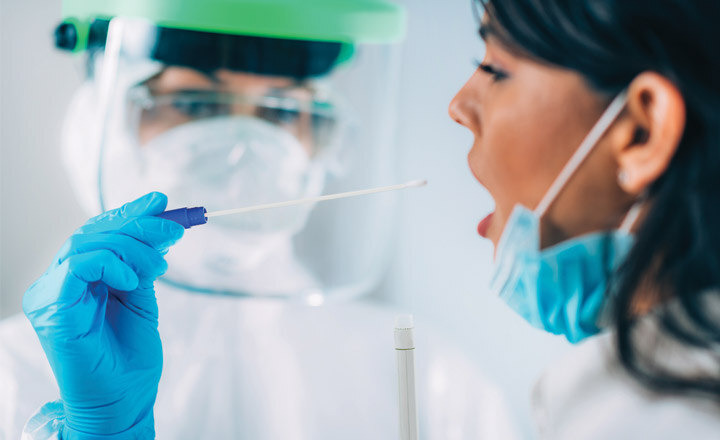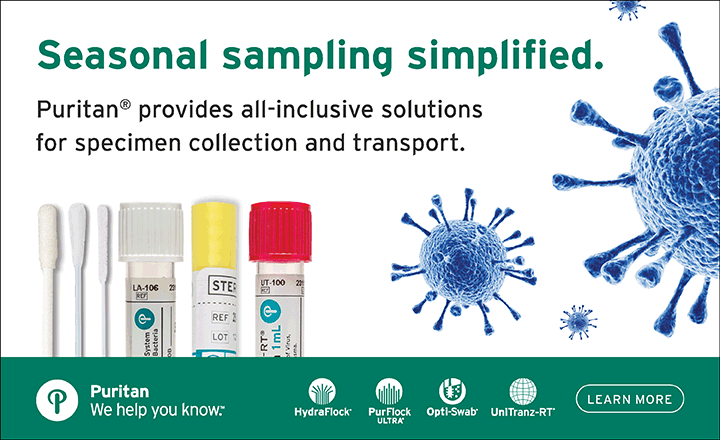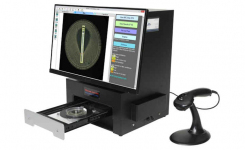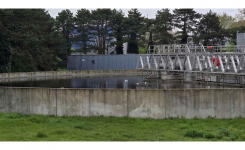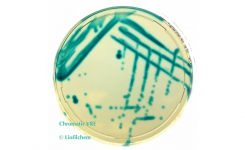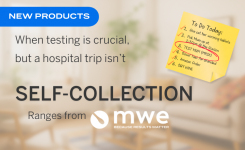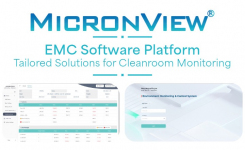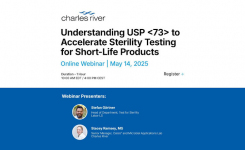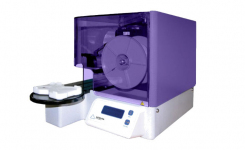This week at the 71st American Association of Clinical Chemistry (AACC) Annual scientific meeting held at the convention centre in Anaheim, California, Mesa Biotech Inc., will showcase their Accula System’s Respiratory Syncytial Virus (RSV) and Flu A/Flu B molecular test platform.
The RSV test is the second instalment on the Accula system. Both tests have obtained CE marking for sale in the EU and have obtained 510 (k) clearance and Clinical Laboratory Improvements Amendments (CLIA) waiver from the U.S Food and Drug administration for diagnostic use in both children and adults.
Up until 2017, rapid antigen immunoassays has been the mainstay test for RSV and Flu A and B viruses at point of care (POC) but have been faulted for low sensitivity. These nucleic acid amplification tests (NAAT) developed by Mesa biotech are said to be highly sensitive.
The Accula RSV Test which is a point of care Nucleic Acid Amplification Test (NAAT) can detect the RSV virus in patients with signs and symptoms of respiratory infection in approximately 30 minutes. To perform the test, nasal swab specimens are added to the Nasal Swab Buffer to solubilize the sample. An aliquot of the Nasal Swab Buffer is then dispensed into an Accula RSV Test Cassette. The Test Cassette contains internal process positive and negative controls, enzymes, OscAR™ reagents, and a detection strip necessary for the 4 steps in the assay. These 4 steps are lysis of the virus, reverse transcription of viral RNA to cDNA, nucleic acid amplification, and detection. The Accula Dock controls reaction temperatures, timing, and fluid movements within the Test Cassette resulting in a fast and automated RSV assay. After approximately 30 minutes, the test results are interpreted by the visualization of Blue Test Lines on the detection strip in the Test Cassette. A blue process control line at the control (C) area is used to ensure proper reagent and Accula Dock function and to confirm a valid negative test result.
RSV is an RNA virus that is responsible for outbreaks of respiratory tract infections. RSV infections can occur throughout the year, but typically peak during the winter months. It is said that approximately 50% and nearly 100% of children suffer from infection with these viruses by 1 and 2 years of age, respectively. RSV viruses not only cause upper respiratory tract infections but also bronchiolitis of the lower respiratory tract, which often becomes severe in infants and toddlers with underlying diseases.
Children who were born premature, or who have pre-existing lung, heart or immune dysfunctions have the greatest risk of developing RSV associated infections. Diagnosis of RSV is difficult because the initial symptoms can be similar to those caused by other infectious agents. Considering that the RSV virus is highly contagious, accurate diagnosis and prompt treatment of patients can have a positive effect on public health. In the United States, RSV is estimated to be responsible for 73,400 to 126,300 hospitalizations annually for bronchiolitis and pneumonia alone among children younger than 1 year.
In an analysis of U.S. viral surveillance and mortality data, respiratory syncytial virus (RSV) was reported as the most common viral cause of death in children younger than 5 years when compared to influenza A (H1N1), influenza A (H3N2), and influenza B.3
The Accula System's RSV and Flu A/Flu B molecular tests will be on exhibit in Booth 3902. The event closes on the 8th of August.
Source article: www.mesabiotech.com
Note: This content has been edited by a rapidmicrobiology staff writer for style and content.










